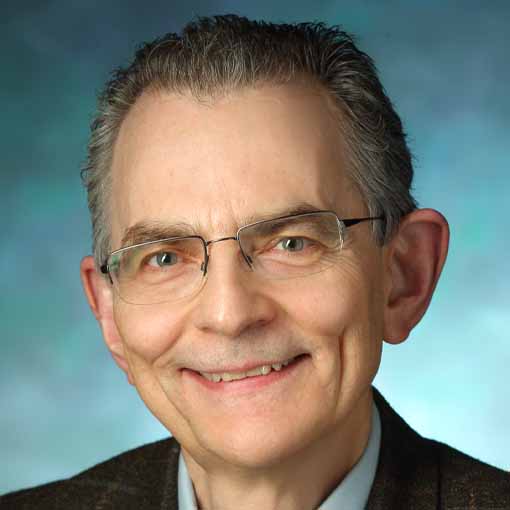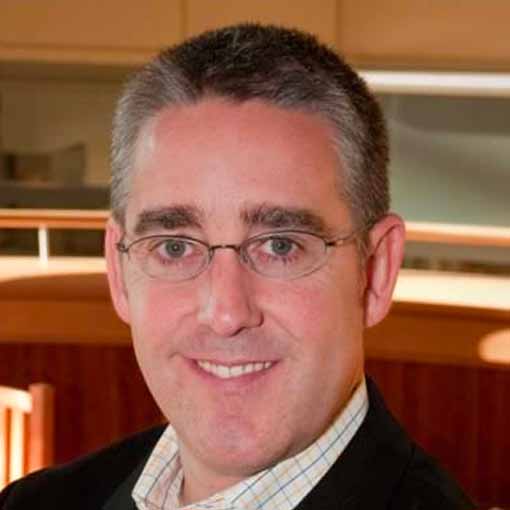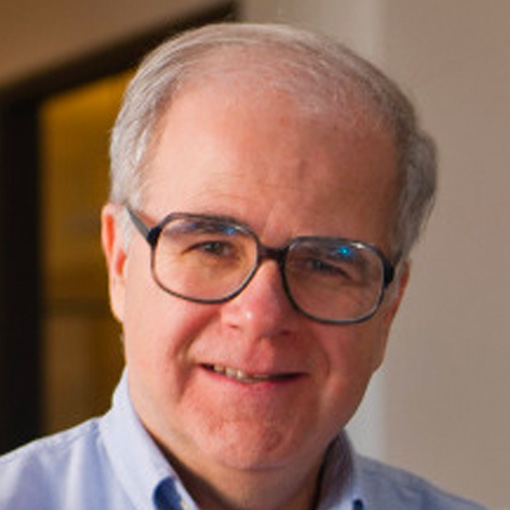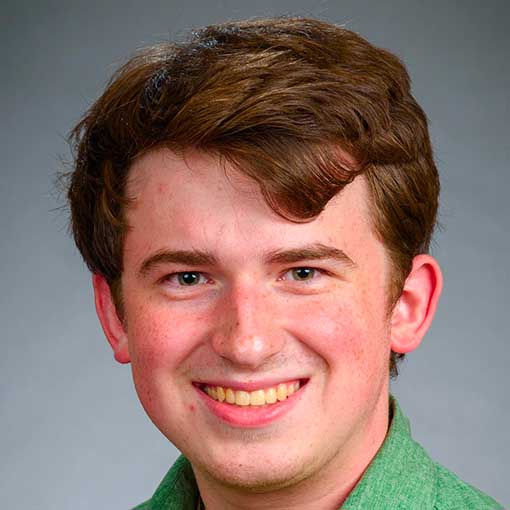Warren Hirst
Senior Director, Movement Disorders Research, Biogen
Warren Hirst is Senior Director and head of the movement disorders preclinical research efforts in Biogen’s Research organization, a role he has led since joining them in 2016. Warren is responsible for developing and driving a diverse preclinical portfolio of programs, using multiple modalities, from antibodies and antisense oligonucleotides, in collaboration in Ionis, to gene therapy and small molecules, targeting mechanisms strongly supported by human genetics and pathology, to deliver novel disease-modifying therapeutics to patients.
Warren received his Ph.D. from Imperial College, London and, after a post-doc at the same institution, he moved to industry. Warren has 24 years of pharma experience, all focused on neurodegeneration research – including Alzheimer’s disease, stroke, Huntington’s disease and Parkinson’s disease, and drug development, holding positions of increasing responsibility at SmithKline Beecham and GlaxoSmithKline in England, before moving to the USA to join Wyeth and then Pfizer. Warren has directly lead teams that have discovered and advanced 3 molecules into clinical trials and has been on teams that have made similar advances with 12 further molecules. Warren has published over 80 peer-reviewed scientific papers. Warren is actively engaged in the wider scientific community via collaborations with key academic partners, and his service on NINDS study sections, foundation grant review committees, and as an ad-hoc reviewer for multiple journals including Neuron and PNAS. Warren has developed a strong, and long-term, dating back to 2006, relationship with the Michael J Fox Foundation for Parkinson’s Research, having received multiple grants in addition to serving as a reviewer and assessor, he served on their Executive Scientific Advisory Board from 2017-2019 and remains a close scientific advisor. In 2019 Warren received the Bill Langston award from the MJFF in recognition of his outstanding contributions to The Michael J. Fox Foundation for Parkinson’s Research. Warren is currently on the Parkinson’s Foundation Executive Scientific Advisory Board.
Outside of work Warren enjoys snowboarding and travel.







